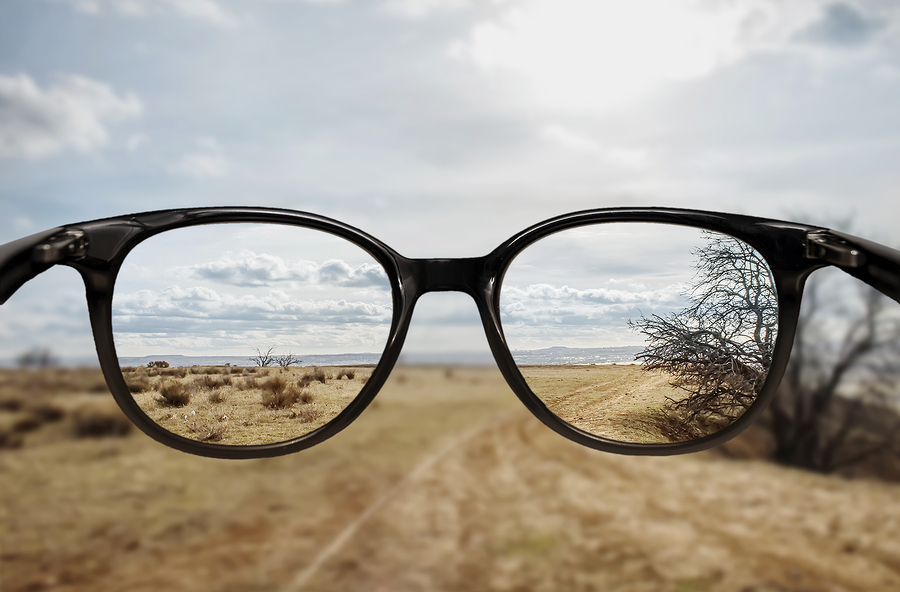- Make It Yourself Lavender Heart-Shaped Bath Bombs!
- 20 Things You Never Knew About “Down There”
- 12 Best Foods For Those Suffering From Arthritis Pain
- 12 Personal Hygiene Mistakes Almost Everyone Makes (Mom Never Told You About #4!)
- 15 Medicinal Plants And Herbs From The Cherokee People
- 12 Mind-Blowing Benefits Of Drinking Coconut Water During Pregnancy
- 12 Outstanding Winter Foods That Won’t Fatten You Up Like A Christmas Turkey
Sun Exposure Affects Myopia. This Is What You Can Do!

Photo credit: bigstock.com
Our modern lifestyles are very different from those of our prehistoric ancestors, and not just in obvious ways like the use of technology. Perhaps the most striking difference in our day-to-day lives is the amount of time we spend indoors. Premodern humans spent the majority of their waking hours outdoors—hunting, gathering, or doing any number of things. The point is that they were outside. It was simply the default state of being for humans for most of the past 200,000 years.
Fast-forward to the present, and it is almost entirely reversed: Modern humans (primarily in developed, industrialized countries) spend almost all their time indoors. From the time that most of us wake up to the time we go to bed, the vast majority of our day is spent in climate controlled homes or offices. Our only time out in the open air is walking to and from a building to another building or to some form of transportation. So many people barely get any sun exposure living this lifestyle.
Over the past few decades, scientists and doctors have noticed a startling increase in the number of people living with nearsightedness, otherwise known as myopia, but were perplexed as to why this was happening. New research shows that the increasing amount of time spent inside—and the subsequent lack of exposure to sunlight—is directly linked to this phenomenon. In this article we’ll explore the science behind what is happening and what you can do about it.
Myopia On The Rise
Scientists around the world have noticed a disturbing trend of more and more people, including children and teens, requiring vision correction due to nearsightedness. In Europe and North America, approximately 50 percent of young people have some degree of myopia. But the problem is most pronounced in East Asian countries such as South Korea and Singapore, where the numbers run as high as 90 percent! What’s going on here?
Continue to Page 2




























